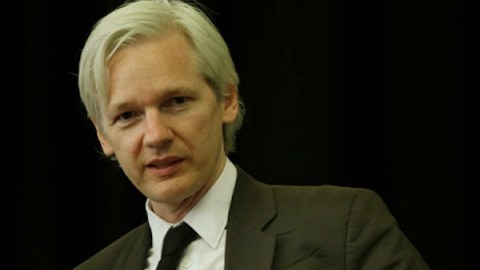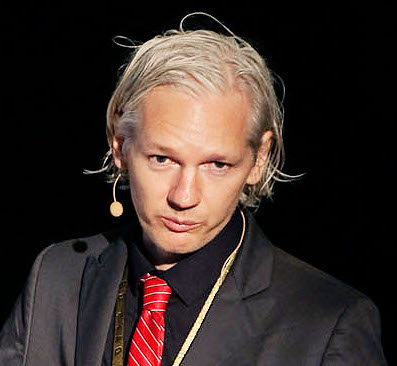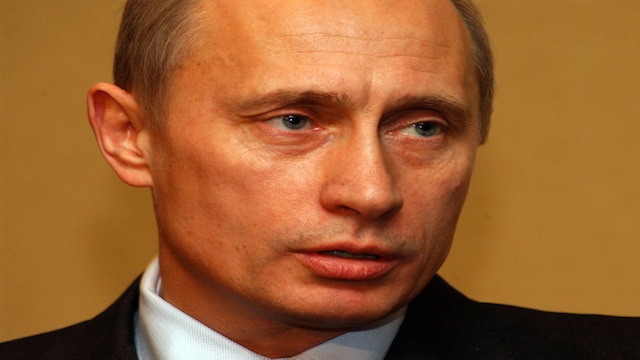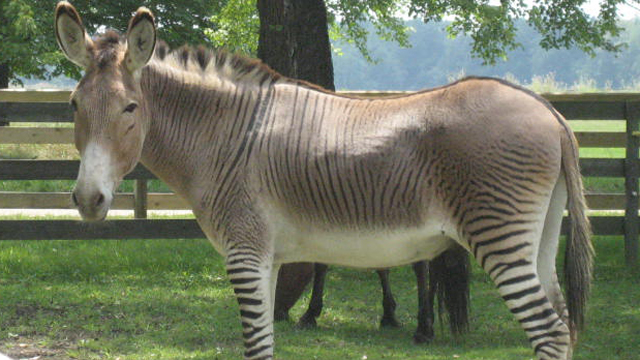The Razor’s Edge Between Nobility and Crime: Who Is Julian Assange?

There will be more. Julian Assange has assured us this: there will be more. Do we want more? Will the release of more classified material place more lives at risk? Will it provide further lessons from which we can learn? How do we balance the quality of any lessons up against the threat to any lives? And how is our perception of the process employed by WikiLeaks changing? Is a hero evolving into a villain?
Now that the WikiLeaks latest leaks have been condemned not only by The New York Timesbut also by our Commander in Chief, will anyone still stand on the side of the decision to leak documents that has resulted in placing Afghan informants in harm’s way? What at first seemed brave—or what at first was successfully marketed as noble—now seems, in a blink, a clear crime.
The U.S. government, according to Assange (according to CBS News) “seeks to ‘criticize the messenger to detract from the power of the message.’” But is this true? Is this the only stance Assange can take ex post facto? The power of his story is in part due to the novelty—and risk—posed by the WikiLeaks model, but it is also in the character of Assange himself, regularly described in the press as “elusive.” What is it about Assange that makes him so compelling? Perhaps it is the fact that he appears unafraid. Lack of fear is power. Lack of fear is what will make it increasingly tough for anyone to keep secrets.
Assange seemed to propose that he was ushering in a post-secrecy era. But perhaps he is only ushering in an era in which new strategies for preserving secrets will be divined. Rather than being the iPad to poetry (a powerful tool on which to access words) he might simply be the iPad to the Kindle (where the Kindle is our old intelligence systems). If Assange brings new rigor to current intelligence systems, we will thank him. Won’t we?
As in the finest fiction, Assange-As-Villain stands central to the story; he’s the most charismatic. And, the most driven. He feels his mission will help people. And we need help. And we want help. But we rarely want to know the attendant risks.
Former FBI Director Louis Freeh once put it like this: “Ask the American public if they want an FBI wiretap and they’ll say, ‘no.’ If you ask them do they want a feature on their phone that helps the FBI find their missing child they’ll say, ‘Yes.’” Just make us safe. Just assure us our children will be safe. Just tell us what we need to know. Let the rest be silence.





